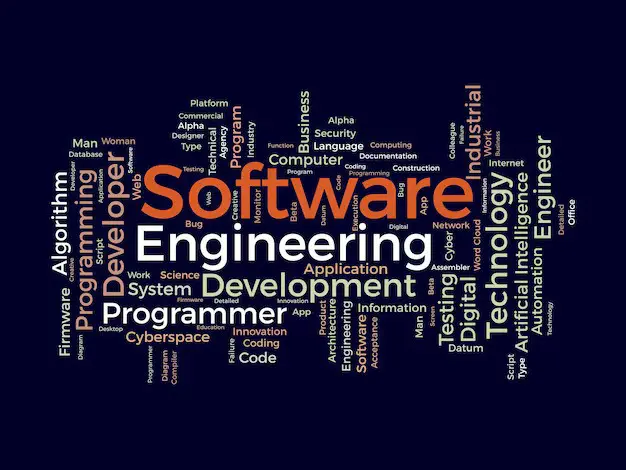A university professor once asked, “How good would you be if you did everything your teacher told you to do?” His point wasn’t about blindly following instructions but about understanding that true improvement comes from mastering foundational habits and principles. In software engineering, this wisdom holds especially true, as even the most advanced concepts are built on core practices.
The basics—such as checking assumptions, learning unfamiliar terms, verifying sources, taking detailed notes, and testing thoroughly—are essential yet often overlooked. These foundational practices may not have the appeal of learning new, cutting-edge tools, but they are critical to producing quality work. When skipped, the results are often costly mistakes that could have been avoided by focusing on fundamentals.
Check Every Assumption
One of the most critical basics in software engineering is challenging assumptions. Assuming something is true without questioning it can lead to flawed problem-solving. For instance, I worked on a project that relied on terms that, though common in the industry, were used in a specialized way by our team. If I had assumed the standard definitions, I would have missed important requirements. Starting with clear assumptions ensures that you’re solving the right problem.
Look Up Unfamiliar Terms
It’s easy to skim over a term you don’t fully understand, assuming you can grasp the meaning from context. However, even small misunderstandings can add up and cause significant confusion or errors. When I was first learning about object-oriented programming, I assumed I understood the basic concepts. Later, I took the time to explore them in depth and realized how much my work improved once I understood what makes object-oriented design effective for certain problems and less so for others. Each term in software has implications for how it can be applied—knowing those can make the difference between effective solutions and wasted effort.
Verify Sources Carefully
Credibility is essential in software engineering, yet not every resource is reliable. It’s tempting to follow what others suggest in forums or blog posts, but even well-meaning advice can be outdated or incorrect. When working on UUID generation, I saw that many developers recommended a third-party library. However, after consulting official documentation, I discovered that the built-in cryptographic library was already sufficient for our needs. Avoiding unnecessary dependencies reduced our attack surface, highlighting how verified sources lead to safer, more efficient solutions.
Take Thorough Notes
Documenting your thought process, even the minor details, improves understanding and recall. When I started keeping notes on configuration steps, considerations, and decisions, I noticed a marked improvement in productivity. Digital notes, in particular, allow for easy searching, making it simple to find previous insights. In one case, I even shared my documentation with colleagues, who found it helpful for their own projects. Taking the time to record everything has long-term benefits for individual productivity and team collaboration.
Test Everything Thoroughly
Testing might seem tedious, but it’s indispensable. Skipping this step risks costly and unforeseen issues later on. In one project, I was developing a program to handle varied data structures in response payloads. Only through extensive testing did I uncover edge cases that would have led to failure had they not been addressed. Testing reveals what you can’t anticipate and prepares you to address unexpected problems with confidence.
Mastering the basics reflects the Pareto Principle: 20% of essential skills enable 80% of productive work. While tools like generative AI hold promise, they don’t replace foundational skills. As one of my mentors says, “Mastery is just really refined basics.” Building on a strong foundation allows for growth, resilience, and the confidence to tackle even the most complex challenges.



